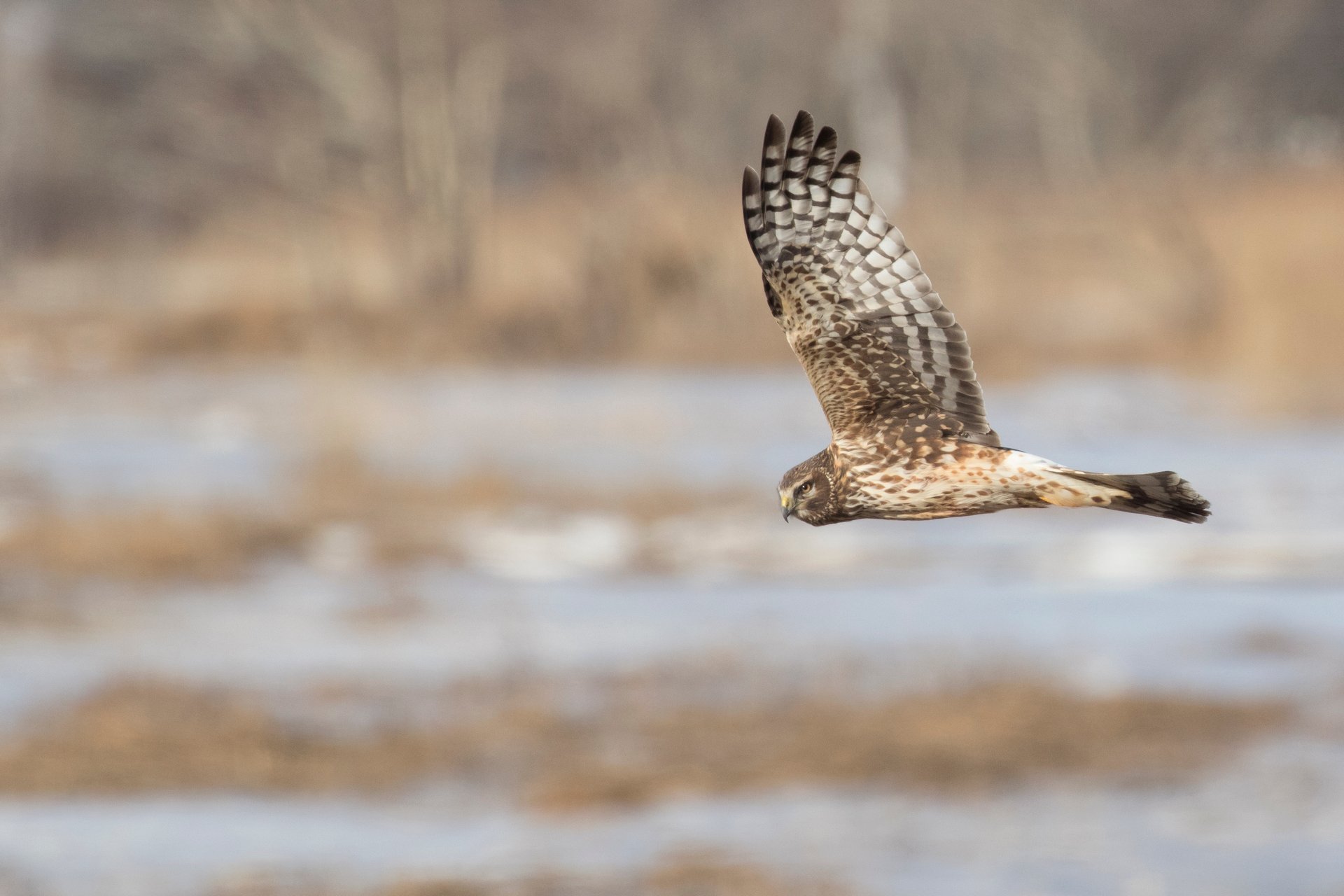Wildlife: The Law and Public Health
Wildlife & the Law
Many of the birds and animals we encounter are protected in some way by local and national laws.
Birds
Most birds are protected by federal laws under the "Migratory Bird Act of 1918," as well as by Massachusetts state laws. It is illegal to destroy, relocate, or possess wild birds, their nests, or their eggs. The only exceptions are non-native species—House Sparrows, European Starlings, and Rock Pigeons.
Trained and licensed wildlife rehabilitators, who have passed a federal and/or state-administered test, are the only persons authorized by the state to care for injured or orphaned wildlife.
How to find a wildlife rehabilitator
Animals
Relocating wildlife is illegal in Massachusetts. It is detrimental to the wellbeing of wildlife as well as the public. Unknowingly, sick animals may be transported and released in other locations, causing the spread of disease.
Animals released in unfamiliar territory have a hard time surviving. They must compete with resident animals, and they have difficulty finding food and shelter. It is also against state law to possess wild birds and mammals.
Wildlife & Public Health
Good judgment and common sense will eliminate the chances of wildlife posing a health threat to people and their pets.
Rabies
This virus, found in the saliva of an infected animal and transmitted through a bite or scratch, manifests itself in two forms: “furious” rabies and dumb rabies. The symptoms, which appear anytime from two weeks to three months after exposure and vary in each species, cause marked changes in behavior. An animal with the “furious” form can become aggressive, disoriented, and snap or bite at anything in its path. An animal with the “dumb” form is unnaturally tame or friendly.
Although most mammals are susceptible to rabies, the virus affects (in order of highest numbers) raccoons, skunks, foxes, coyotes, and woodchucks most frequently. Birds cannot contract rabies.
If you suspect that you’ve been exposed to rabies, wash the area with soap and water and seek medical attention immediately. The treatment of rabies no longer requires the series of shots in the stomach; it’s now quite simple.
Sick or injured animals can be unpredictable and dangerous, especially those susceptible to the rabies virus. If you find an animal, in either condition, stay away from it and do not attempt to handle it or move it. Contact your local police department and Massachusetts Department of Public Health at 617-983-6800. They will evaluate the situation and determine the next steps, including, whether or not the animal should be destroyed. The State of Massachusetts has mandated that these decisions be made by the local authorities.
Good judgment and common sense will eliminate the chances of rabies posing a threat to people and their pets. Vaccinate dogs and cats against rabies. Avoid contact with wild animals and unfamiliar domestic animals and be sensitive to unusual behavior patterns in pets. Obey state laws: It illegal to possess or transport and relocate wildlife.
Histoplasmosis
Histoplasmosis is a disease caused by a fungus found in soil contaminated by bat droppings (guano). People can be infected by breathing dust containing the spores. It is rare to find the fungus present in hot dry attics in New England. More commonly it is present in the damp caves where thousands of bats roost. Always wear a dust mask when cleaning bat guano to prevent the inhalation of airborne spores.
Mange
Mange is a condition caused by mites (parasites) who attach themselves to the skin or bore just under the top layer of skin causing extreme itching. Sarcoptic Mange, the most affliction, is caused by a minute mite called Sarcoptes scabiei. There are a number of varieties of these mites each affecting different animal species, including: dogs, cats, foxes, squirrels, farm animals and humans.



